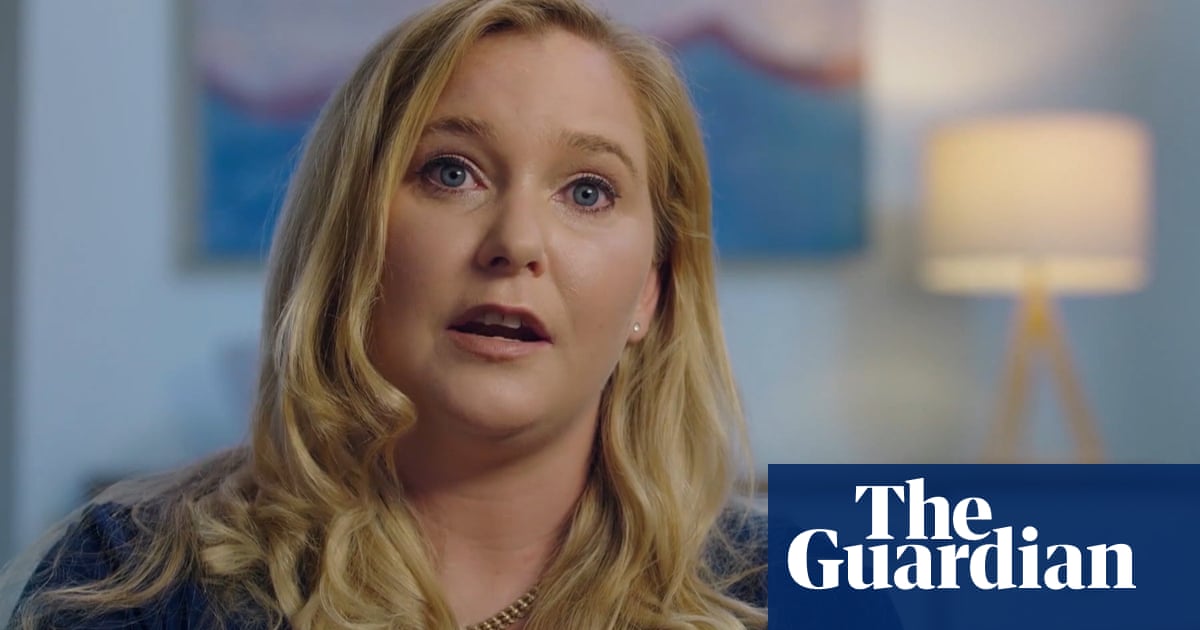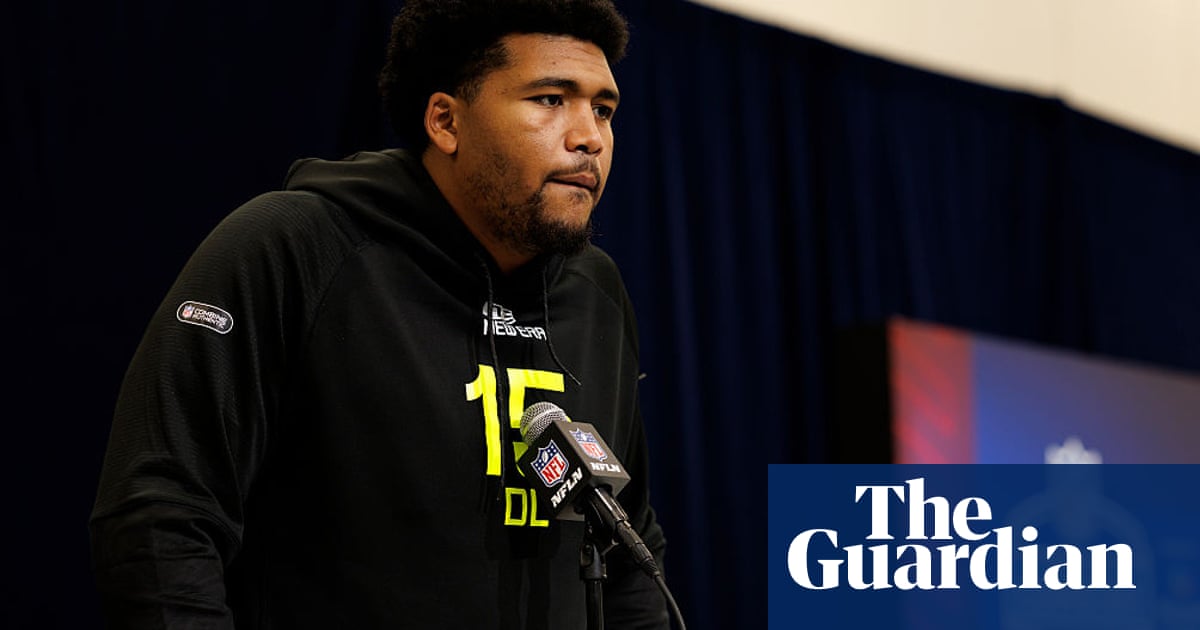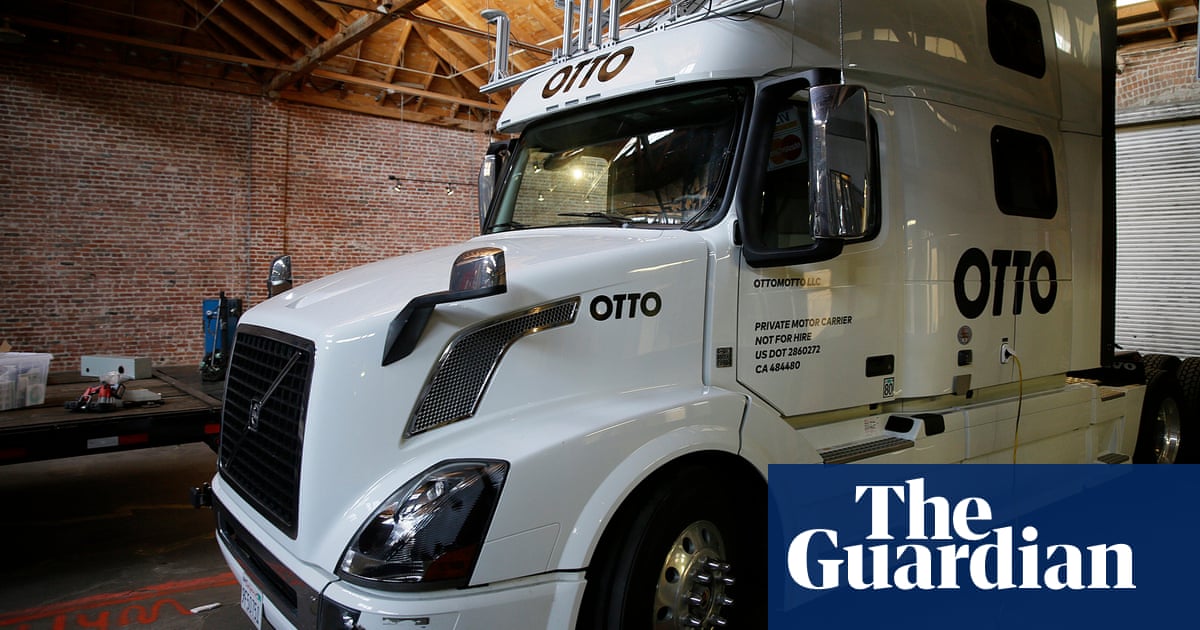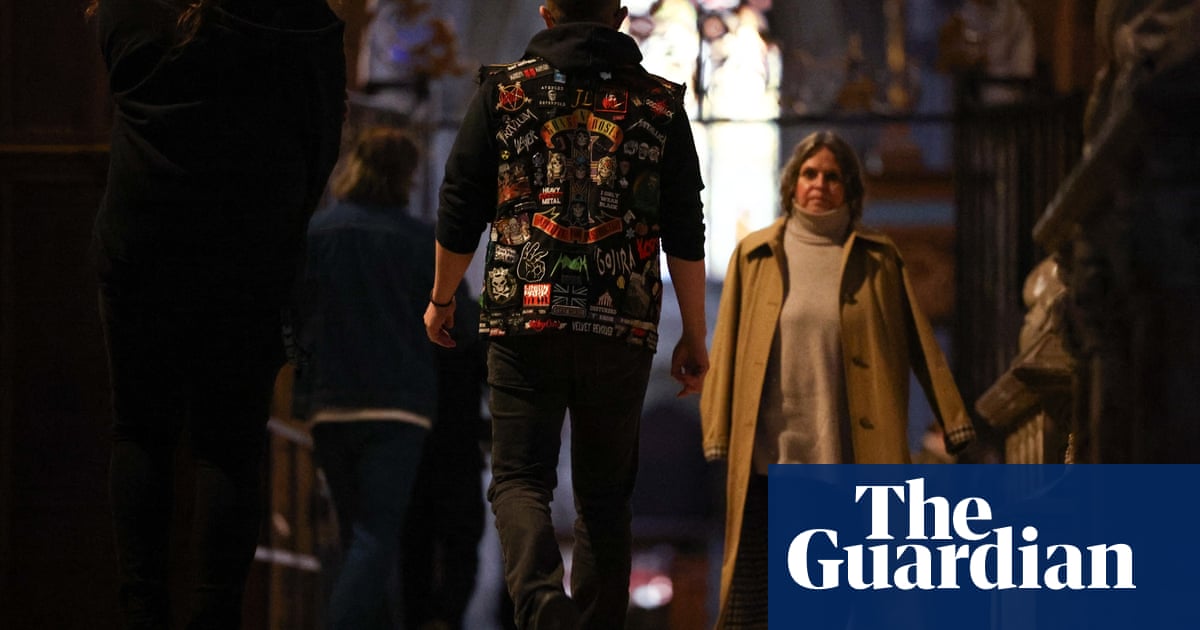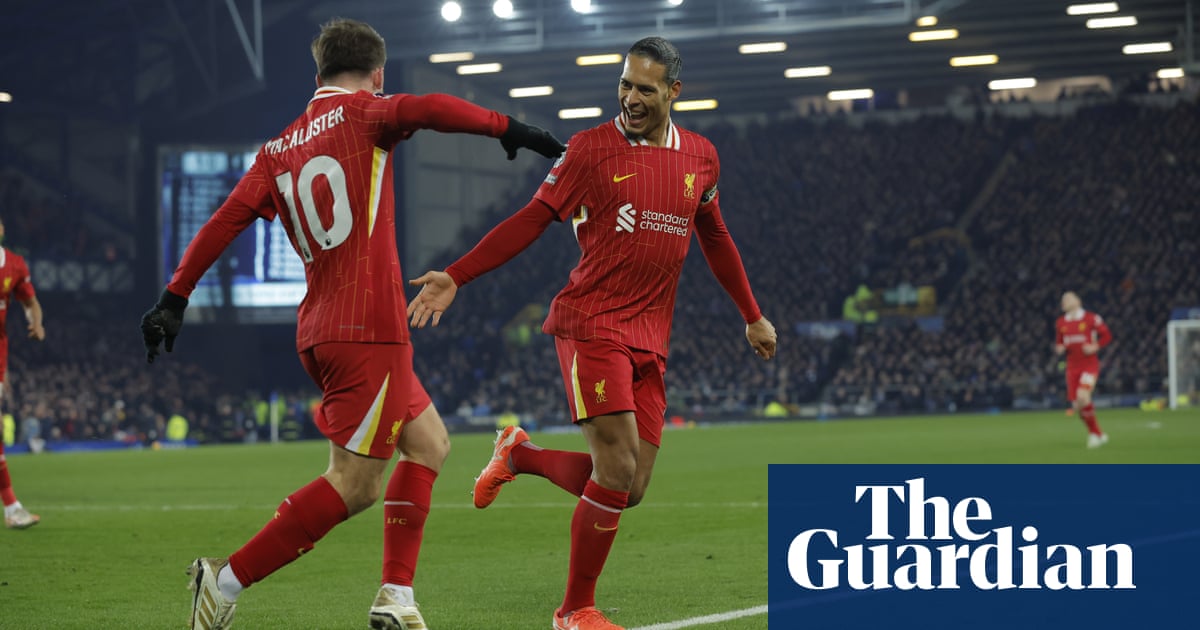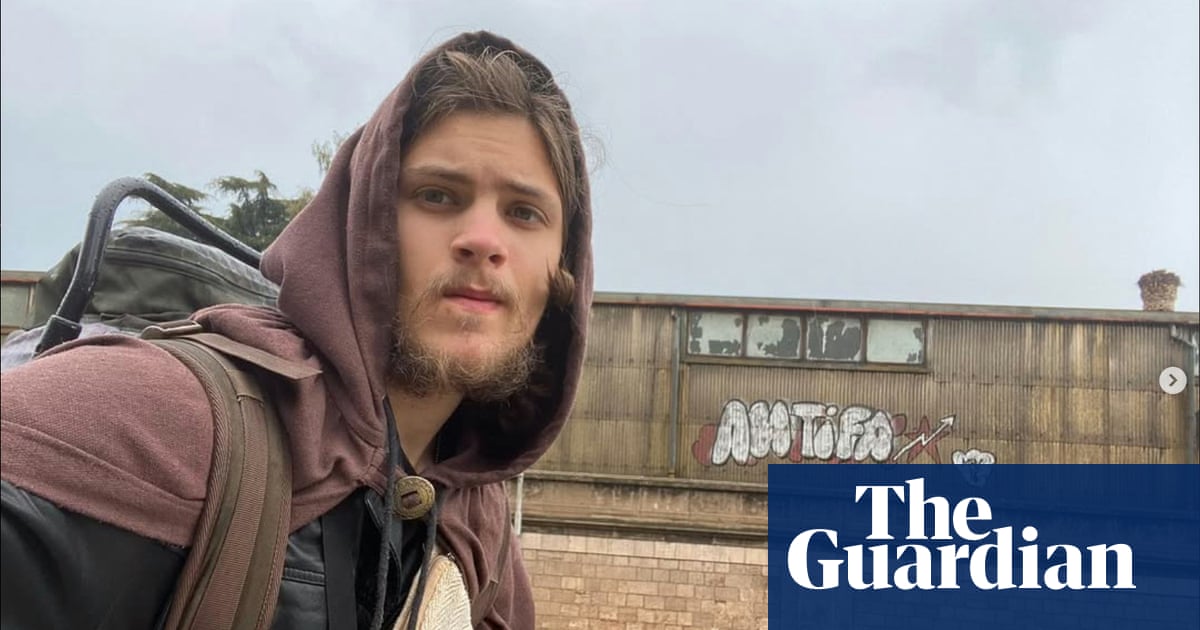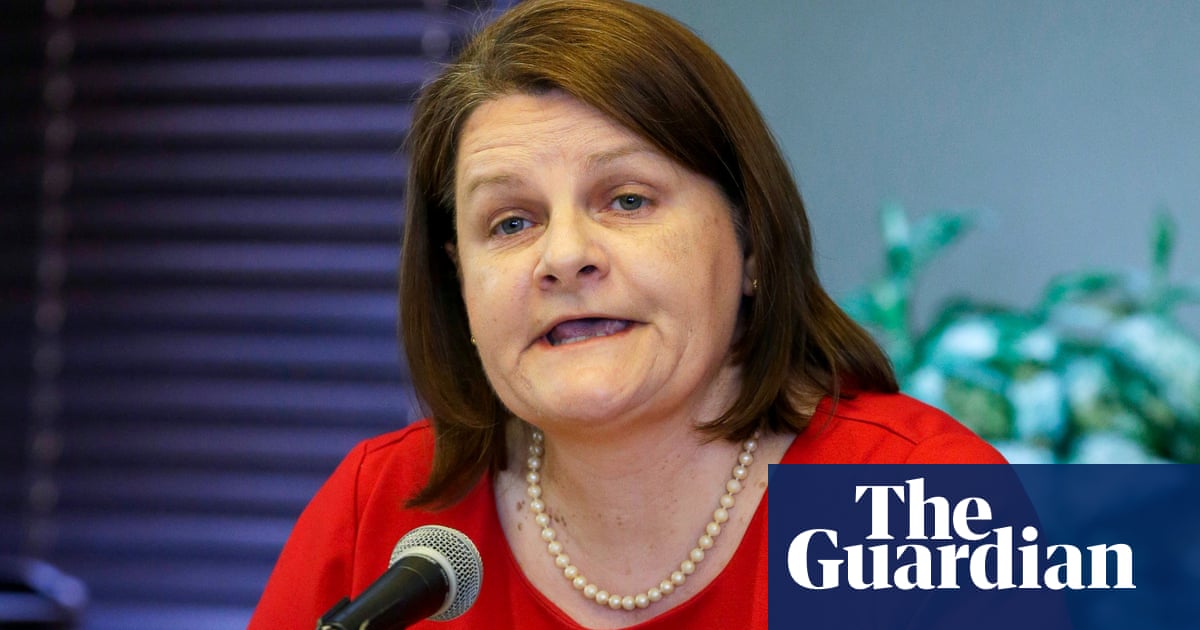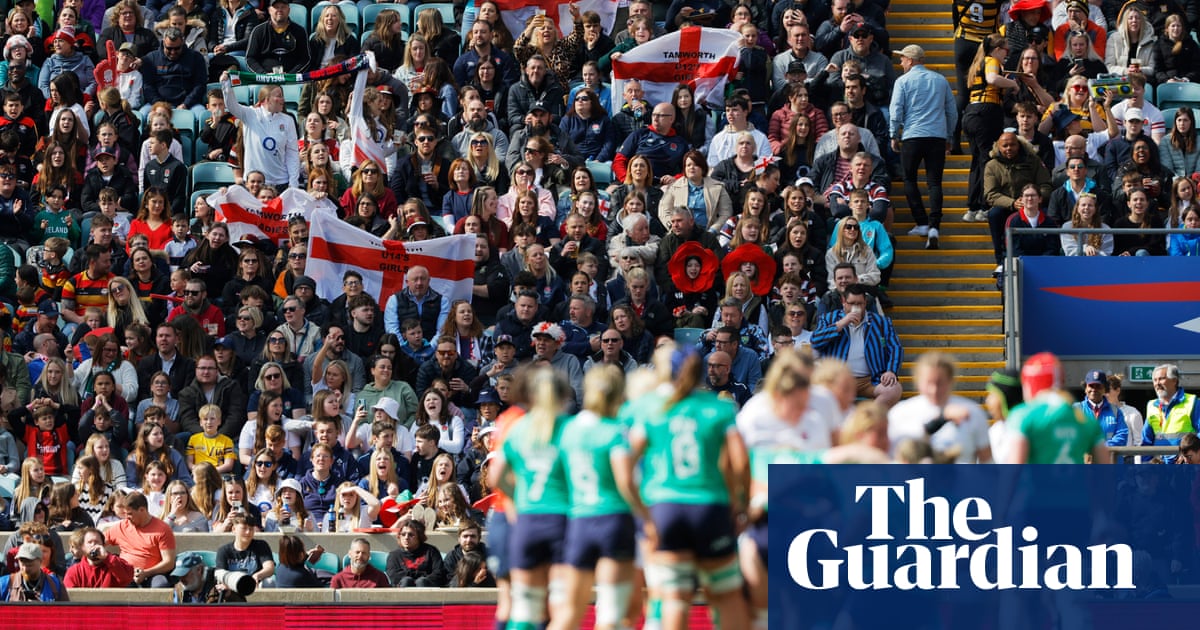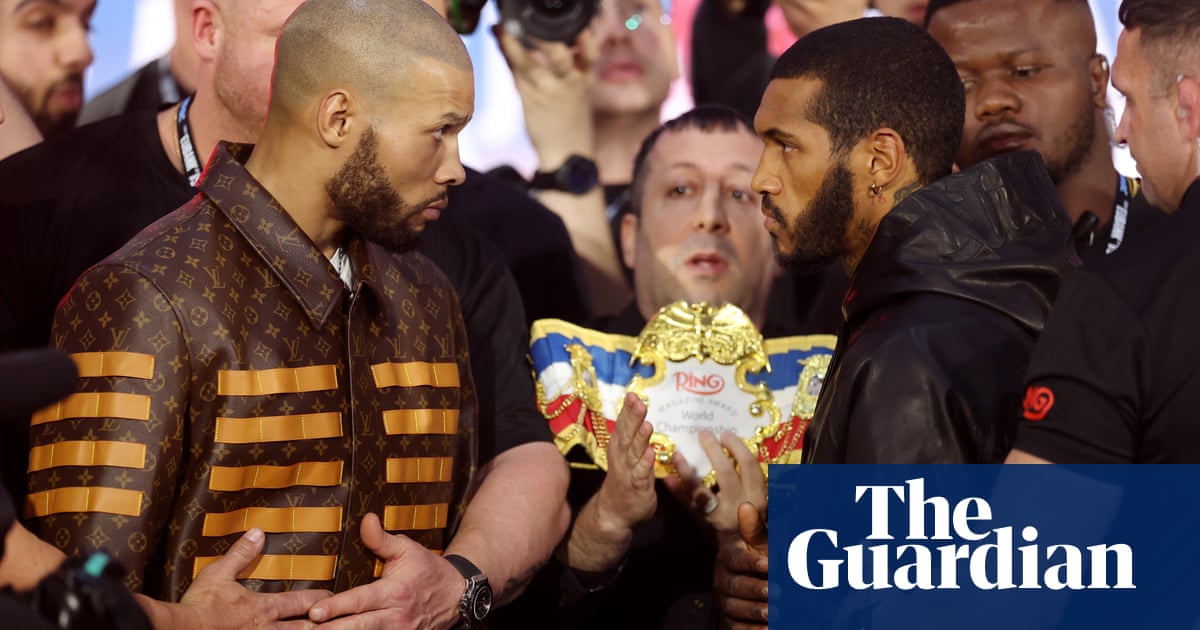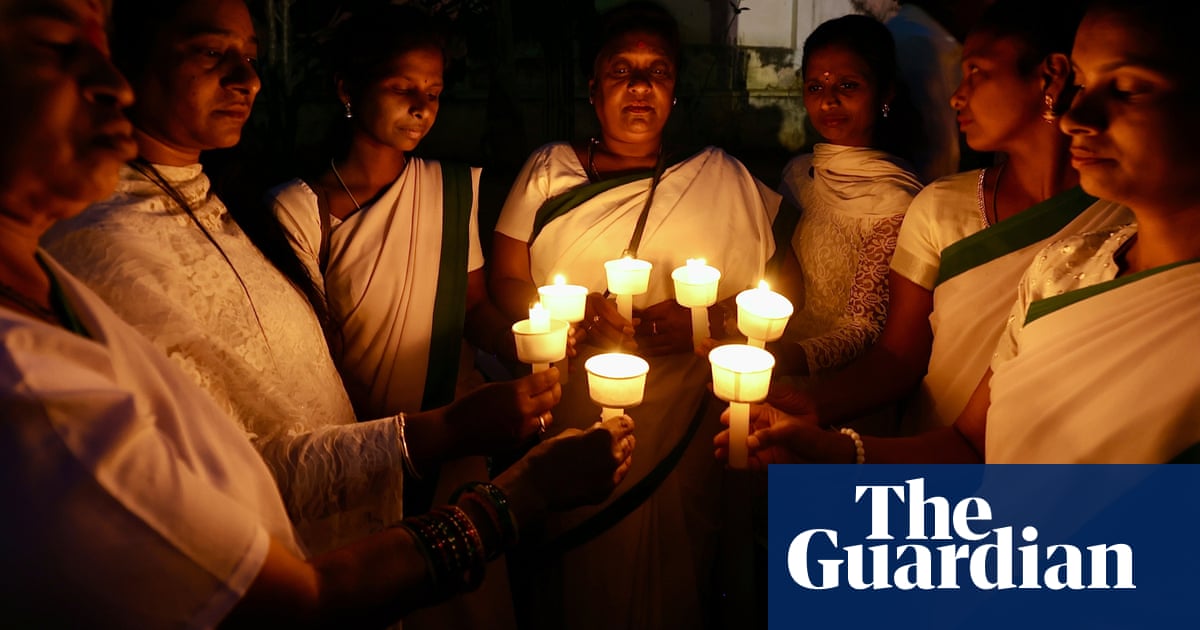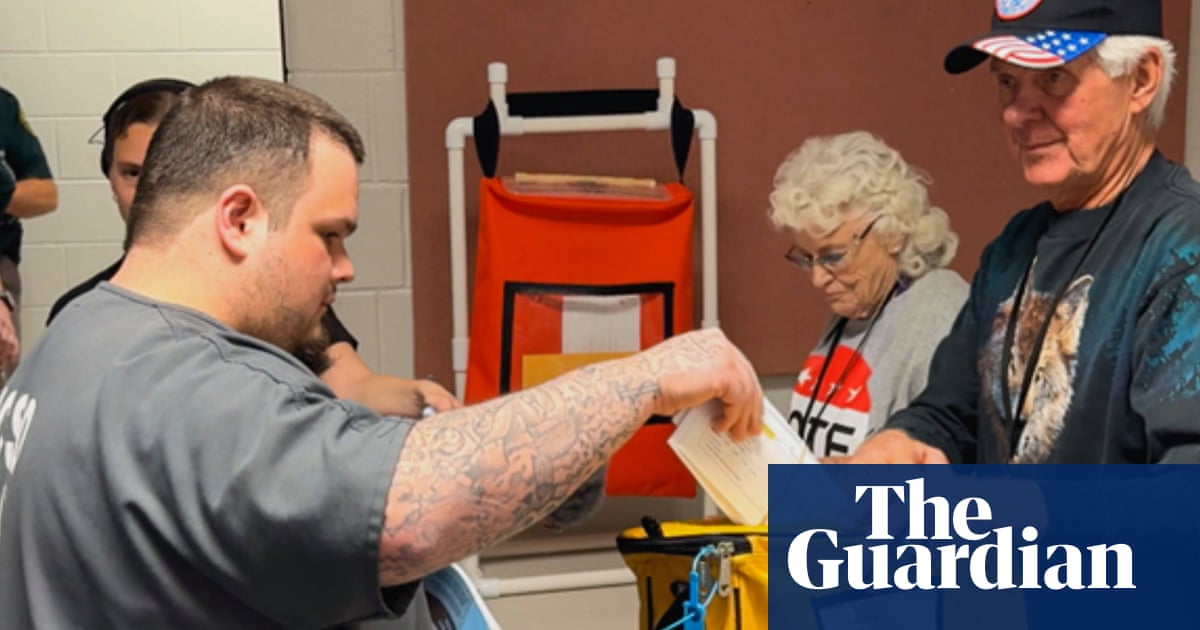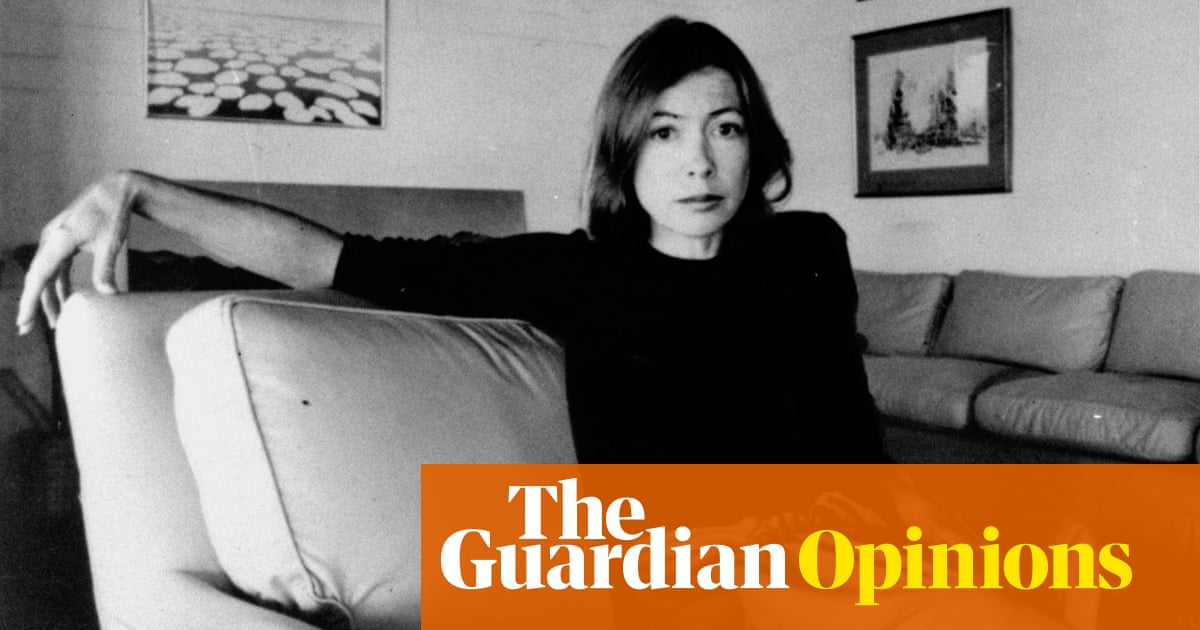In the aftermath of a strong comeback win that moved her into a grand slam quarter-final for the 12th time in her career, Elina Svitolina departed Rod Laver Arena fully aware that her most difficult task of the day was still to come. She warmed down, showered, completed her media obligations and ate her post-match meal, then returned to the courts as a spectator, sitting in the front row of the courtside coaching boxes on Margaret Court to cheer on her husband, Gaël Monfils, in his own fourth round match against Ben Shelton.
“It’s more stressful,” said Monfils of the experience of supporting a spouse courtside, after a back injury ended his match in the fourth set. “It’s more stressful because you’re not in control, you want to help, and you can just help with talking, but it’s different because when you play yourself. You really want to help sometimes, with strategy, or you can see that someone, myself for her, a bit stressed, and you want to help to relax. It’s stressful, but also you try to not show it too much and give as much as you can.”
Svitolina was not merely there to cheer. Although tennis does not dominate their relationship away from the courts, Monfils and Svitolina follow each other’s opponents closely and strategise together before matches: “It means a lot to us to have someone who understands what we are going through,” said Svitolina. “It’s a really nice feeling for me personally. I don’t know how it is for other players. For me personally, it is nice when you come back to your room, you have a little chat about the upcoming matches.”
Throughout this year’s Australian Open, Monfils and Svitolina have had to share many discussions on their upcoming matches as they both navigated significant runs into the second week of the tournament.
For Svitolina, a return to the quarter-finals with her 6-4, 6-1 victory over Veronika Kudermetova marks an important step in her career. Two years ago, Svitolina enjoyed great success on her return to tennis after giving birth to their daughter, Skai, reaching the French Open quarter-finals and Wimbledon semi-finals in her first grand slam tournaments back. As one of the most high-profile international Ukrainian athletes, her success was also timely, providing positive news during Russia’s invasion.
Her comeback, however, also came with significant challenges. Having enjoyed a largely injury-free existence on tour, Svitolina’s past two seasons were ravaged by setbacks and after countless physical issues in 2024, she underwent foot surgery for the first time in her career in September.

“I was very, very nervous,” she said. “After giving birth, you would think that everything is fine. But actually to have a general anesthesia is something, like, scares you for the first time because you don’t know what to expect. You don’t know how it’s going to be.
“Also, I guess when you are a top athlete, you are worried a little bit if you can come back to the top level, if you can actually move after, or if you can, like, break on your foot afterwards because now I have two screws in my ankle. It sounds scary. Of course, you have doubts.”
After shutting down her 2024 season and opting to rest in the lead-up to the Australian Open, reaching a grand slam quarter-final has silenced much of Svitolina’s uncertainty. Monfils, meanwhile, had many of his own doubts as he navigated the twilight years of his career at 38 years old. Through his many injuries over the past few years, Svitolina has played a key role in encouraging him to extend his career.
At the Auckland Open, a week before Melbourne, things did not appear to be going well for Monfils as he trailed 1-6, 2-5 to Pedro Martínez in the first round. Instead, after turning the match around, Monfils rolled through the tournament to become the oldest singles champion in the 35-year history of the ATP, beating the previous record set by Roger Federer.
With momentum behind him, Monfils’ run to the second week in Melbourne included wins over the in-form big serving Giovanni Mpetshi Perricard and Taylor Fritz, the fourth seed, in round three, hours before Svitolina defeated Jasmine Paolini, also seeded No 4, on the same court.
Monfils cites his satisfaction with his private life away from the court as a significant factor in his success on it: “I’m happy with everything now, but maybe that’s why I’m even smoother,” he said this week. “I am always smooth, but if I lose this match, I wait couple more days. I’m lucky to be here. My wife is playing. My daughter is waiting for me. I’m happy with my life.”
On Monday, Monfils’ run came to a difficult end as he retired with a back issue while trailing Ben Shelton, the 21st seed, 7-6 (3), 6-7 (3), 7-6 (2), 1-0, his immense efforts catching up with his older body. He will be back on-court on Wednesday, though, trying to manage his own tension while betraying none of his nerves to his wife as she battles with Madison Keys for her first Australian Open semi-final.

 3 months ago
66
3 months ago
66


